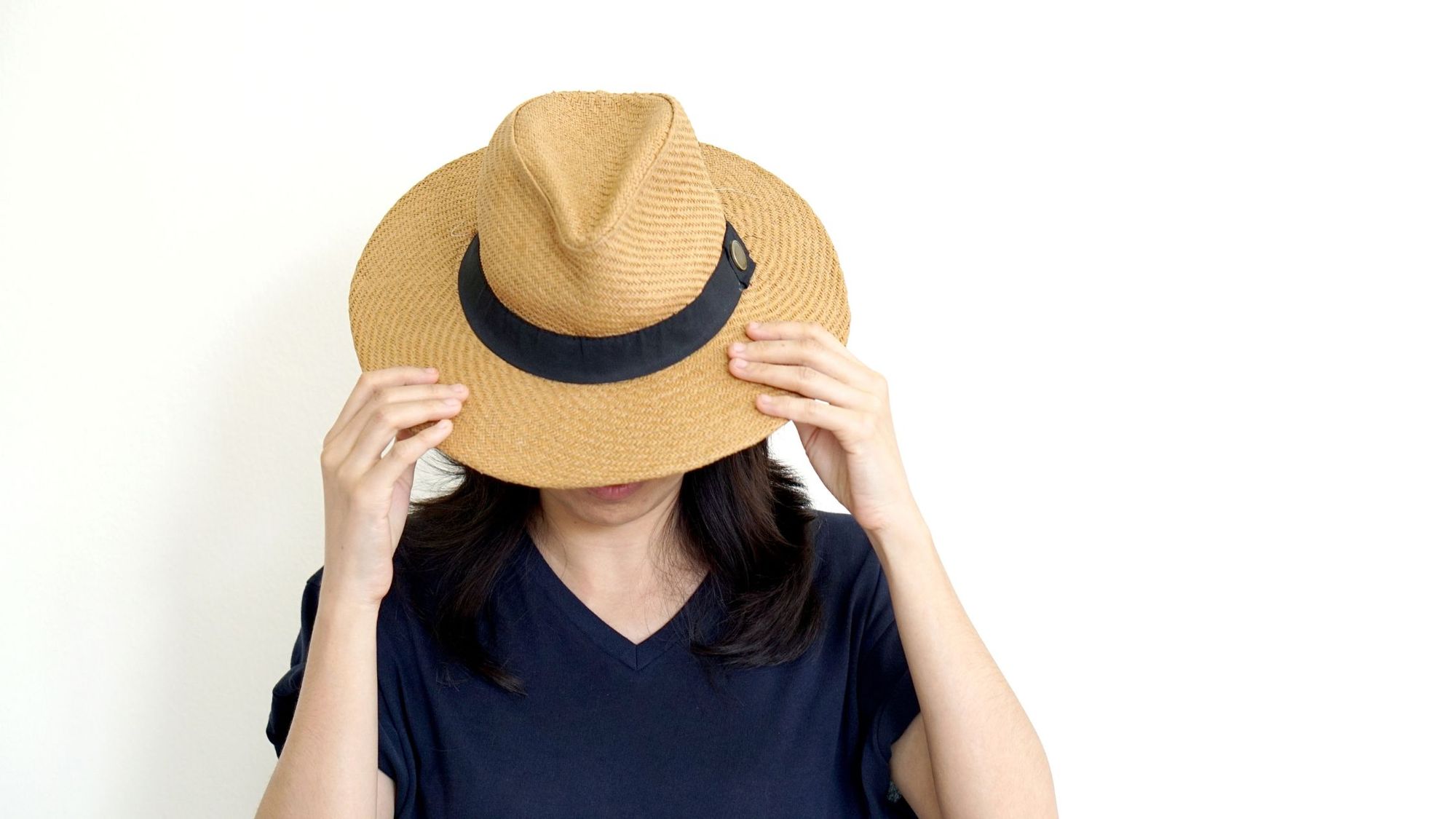
We all have unique personalities, influenced not just by our upbringing and environment, but also due to our unique DNA. One of the most important things we should know about our personality is, Am I an introvert or extrovert?
After all, some of us are predisposed to be more outgoing and confident, always enjoying being around other people. Meanwhile, some of us like to keep to ourselves and very much enjoy our own company, needing alone time to recharge.
Am I an introvert or extrovert? Is a question we ask ourselves to gain a deeper understanding of our needs. Understanding whether you’re a more extroverted or introverted person can give you an insight into which environments you’re most likely to thrive in. It’s also an excellent insight into what kind of boundaries you may need to set in your day-to-day life.
However, defining whether you’re an “introvert” or an “extrovert” can be more complex than it seems. The five-factor model of personality can be a lot broader than most people realize.

How to Know if You’re an Extrovert
The term “extrovert” in the personality world describes one aspect of a person’s overall personality, attitude, or character. Generally, extroverted people are characterized by an expressive, outgoing pattern of social interaction and behavior. Extroverts tend to be active, positive, assertive, and keen to seek out all forms of excitement.
Extroverts have a lot of great personality traits. They’re generally considered to be open, talkative, and sociable people who thrive in a range of situations. Many extroverts are often enthusiastic and friendly, but they can also be described as attention-seeking, and easily distracted. Here are some of the signs you may be an extrovert:
- You’re talkative and social: You love interacting with other people, whether it’s family members, friends, co-workers, or total strangers. Extroverts are fine striking up a conversation, and they love socializing. In many cases, these people feel more refreshed and inspired after connecting with others.
- You’re friendly and approachable: While introverts are sometimes seen as aloof and closed-off, extroverts are friendly, approachable, and ready to connect with others. They’re willing to share their thoughts and feelings without being too concerned about how they’ll be judged by other people.
- You love working in teams: When possible, extroverts generally prefer team work over solo tasks. They’re comfortable bouncing ideas off other people, and they’re even willing to take on leadership positions when necessary. They thrive in crowded environments.
- You don’t love spending time alone: While you might be able to spend small periods of time by yourself, being alone for too long may make you feel isolated and withdrawn. Some extroverted people feel more unhappy or anxious when they’re left alone for too long, and need to connect with others to recharge.
- You’re highly active: Extroverts enjoy doing new things, seeking out new challenges, and pushing themselves outside of their comfort zone. They’re often comfortable in situations other people might find daunting or overwhelming. They may also seek out excitement and thrills more often than other, more introverted people.
- You may act before you think: Because extroverts tend to be extremely outgoing and adventurous, they’re often driven to act quickly, before they take time to really think things through. This can make them more impulsive, and spontaneous. In some cases, this trait can be helpful in grabbing new opportunities, but it can also lead to some risky decision making.

How to Know if You’re an Introvert
Introverted people are generally seen as the opposite to their extroverted alternatives. Most people see introverts as shy, nervous, or isolated people who prefer to stay outside of the crowd. These people spend a lot of time on their own, and one of the top signs of being an introvert is generally being more comfortable in one’s own company.
In other words, introverts are comfortable being alone. However, there are various different kinds of introversion.
Some people are “social introverts” who prefer small groups to larger crowds of people. Others are “anxious introverts” who often feel nervous and unsettled around others. The following signs could indicate you have a more introverted personality type:
- Being around people drains your energy: If you ever feel emotionally and physically drained after spending the day around a lot of people, this is a strong sign you’re a more introverted person. Introverts have to expend a lot of energy to feel at ease in social situations, compared to extroverts who gain energy from such interactions. Introverts can still be very agreeable, and make a lot of friends, but they don’t always enjoy socializing in groups. The introvert is more likely to leave the party early, to go home and spend time alone.
- You like your solitude: While extroverts dislike being alone most of the time, introverts enjoy spending time by themselves. They’re happy to do things on their own, whether it’s going for a walk, working on an art project, or reading a book. This doesn’t mean they want to be alone all the time, but when an introvert needs to refresh and recharge, they’ll often do so in solitude.
- You’re more thoughtful: Introverts tend to spend a lot of time thinking and assessing situations. They take their time making decisions, and like to work in silence, without other people distracting them. Their thoughtful nature tends to make them more cautious, but it also means they’re less prone to being driven off course.
- You watch and listen more than you talk: If you find yourself listening to others and learning by watching more than you verbally communicate with others, this could be a sign you’re a more introverted personality. You may even find yourself writing down notes in a meeting, rather than speaking up to ask a question.
- You only have a small group of friends: Instead of having a large social circle, introverts tend to take time building deep relationships with a select, small group of people. In some cases, people can find it difficult to get to know introverts, as they tend to be less open about their thoughts and feelings, and don’t spend a lot of time in social situations.
- You’re extremely independent: Because introverts don’t like to spend a lot of time with other people, they learn how to do things on their own. Most introverts are highly independent and confident in their own skills. There are many benefits of being an introvert. These individuals are self-aware, and understand their strengths and weaknesses. They also prefer to seek out jobs where they’re going to be able to demonstrate their independence and knowledge.
Am I an Introvert or Extrovert? The Bottom Line
There are many free personality tests you can take online to find out if you’re an introvert or extrovert, but chances are, you already know the answer.
If you tend to leave the party early to go home and be alone, or if your partner often wonders why you’d rather spend time in solace instead of being with them, chances are you’re an introvert.
If you spend time alone and you can’t stand it for long before you feel the need to ask a friend to meet up, and if you’re always seeking out social events or social gatherings, you’re probably an extrovert.
There is such a thing as being an ‘introverted extrovert’ or an ‘extroverted introvert’ which means you have tendencies to be both an introvert and an extrovert, depending on the day. This is often referred to as ‘ambiversion’.
To find out more about your personality, you might be curious which personality traits are in your DNA. You could read your genetic personality report from CircleDNA to find out more about who you are and what your natural tendencies might be wired to be.
